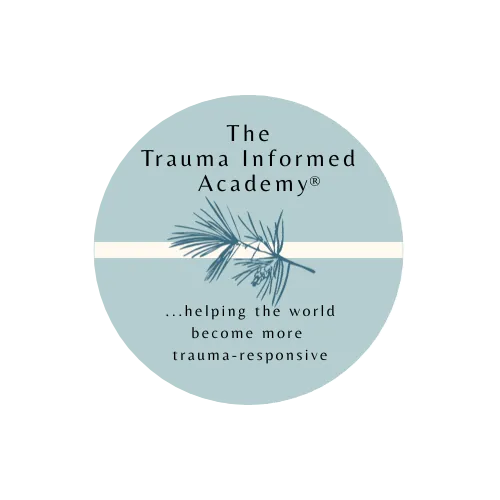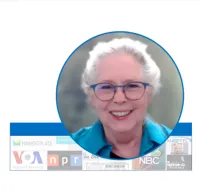

Emotional Intelligence Isn’t Always Polite
I’m just going to say it. Real emotional intelligence isn't about being nice all the time. It's not about smoothing over every conflict or making sure everyone feels comfortable. Sometimes the most emotionally intelligent thing you can do is refuse to be polite when politeness enables harm.
I see this confusion everywhere—people think having high EQ means never getting angry, always accommodating others, or keeping the peace at any cost. But that's not emotional intelligence. That's trauma-driven people-pleasing dressed up in professional language.
Emotional intelligence is about accurately reading a situation and consciously choosing your response. Sometimes that response needs to be firm, direct, or even confrontational.
Think about it: if someone is gaslighting you, being polite reinforces their behavior. If you're in a relationship where your boundaries are constantly violated, staying "nice" teaches the other person that your limits don't matter.
Emotional intelligence means recognizing these patterns, which requires self-awareness. If you are aware and recognize the patterns, you can choose from among all the responses you have. And sometimes that means choosing self-protective responses even when those responses make others uncomfortable.
The difference is intention and skill. When you're emotionally intelligent, you're not reacting from hurt or trying to punish someone. You're making deliberate choices about how to use your voice and power. Maybe that looks like saying "It is not OK for you to speak to me in that way" in a calm but firm tone. Maybe it's refusing to explain yourself to someone who's already decided you're wrong. Maybe it's walking away from a conversation that's become abusive, even if others call you "difficult" for leaving.
The highest levels of emotional intelligence are marked by the ability to feel anger without being consumed by it, to set boundaries without guilt, and to choose appropriate responses based on the situation rather than on what makes you look "good." Sometimes the most self-regulated thing you can do is stop regulating yourself to make others comfortable. Sometimes protecting your peace means disturbing someone else's.
The goal isn't to be polite—it's to be authentic, boundaried, and strategic. It's about expanding your choices so you can respond from strength rather than fear, from clarity rather than confusion. And if that makes you seem less "nice" to people who benefited from your people-pleasing? Well, that's information about them, not about your emotional intelligence.



Email our Admin:
©Copyright 2025 EPower & Associates, Inc. All Rights Reserved.
Privacy Policy | Terms of Use
Featured On...


